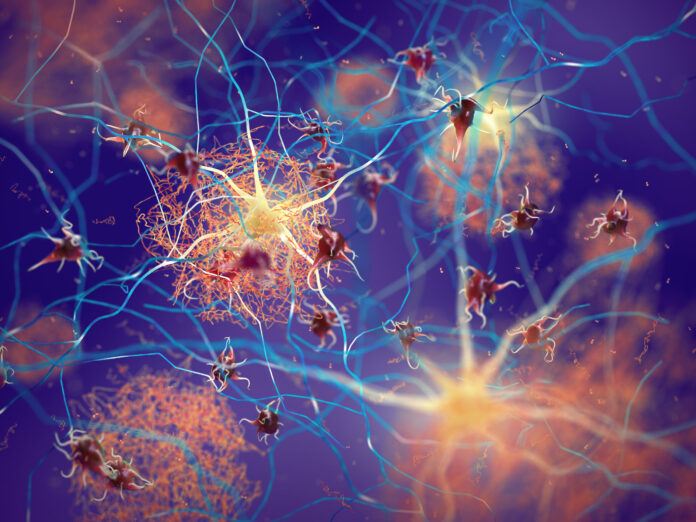A new Alzheimer’s drug is set for FDA approval. Its development marks another step in the fight against cognitive degenerative disease and dementia and research shows it may slow the progression of Alzheimer’s in its early stages – though it may not benefit people with advanced Alzheimer’s.
How Does Donanemab Work?
Donanamab targets amyloid plaques in the brain. It disrupts their cell function to slow cognitive decline. It has been shown to:
- Slow cognitive decline by 35% in patients with low to intermediate levels of tau, a protein linked to Alzheimer’s
- Be linked to serious side effects such as amyloid-related imaging abnormalities which occurred in 3.7% of patients and lead to three deaths
Although the study revealed effective results, it was limited by a lack of racial and ethnic diversity. Only 8.6% of the 1251 participants were non-white.
How Does Donanemab Compare to Other Alzheimer’s Drugs?
Donanemab works similarly to other Alzheimer’s drugs on the market. Like Aduhelm and Leqembi, it targets amyloid plaques in the brain. It reduces the spread of tau which contributes to cognitive degeneration.
It was shown to reduce cognitive decline by 35% producing similar results to Leqembi. It also lowered the risk of Alzheimer’s progressing from mild cognitive impairment to mild dementia and from mild to moderate dementia.
It was better at removing amyloid plagues than Leqembi and Aduhelm. It reduced tau concentrations in the blood, but not in key areas of the brain.
Limited Benefits for Those with Severe Alzheimer’s
All three drugs have been shown to yield an improvement in people with mild cognitive decline and dementia. But they do not promote results in individuals in more advanced stages of the disease.
Gil Rabinovici, MD of the UCSF Alzheimer’s Disease Research Center, pointed out that the limited results in individuals in more advanced stages of the disease as well as its potentially harmful side effects mean experts should, “aim higher in developing more impactful and safer treatments”.
Dangers and Limitations of Donanemab
All three drugs were also associated with ARIA (amyloid-related imaging abnormalities) including brain swelling and microbleeds. Risks were higher in patients with the APOE4 gene which is related to an increased Alzheimer’s risk.
Rabinovici recommends genetic testing before treatment to reduce the risk of ARIA. He suggests that patients undergo pre-treatment MRIs and repeat MRIs at regular intervals throughout treatment. He recommends suspending or stopping treatment if an ARIA occurs.

He also discussed the limitations of the testing in that only 8.6% of the participants were non-white. This factor raises ethical concerns as higher rates of dementia are found in Black and Latino populations.
Considering the potentially high cost and high patient demand for the drug, Rabinovici suggests limiting treatment to only use it to clear amyloid plaques from the brain. This approach was integrated into the trial. He says it would “greatly enhance the feasibility of treatment for patients, clinicians, insurers, and health systems”.


